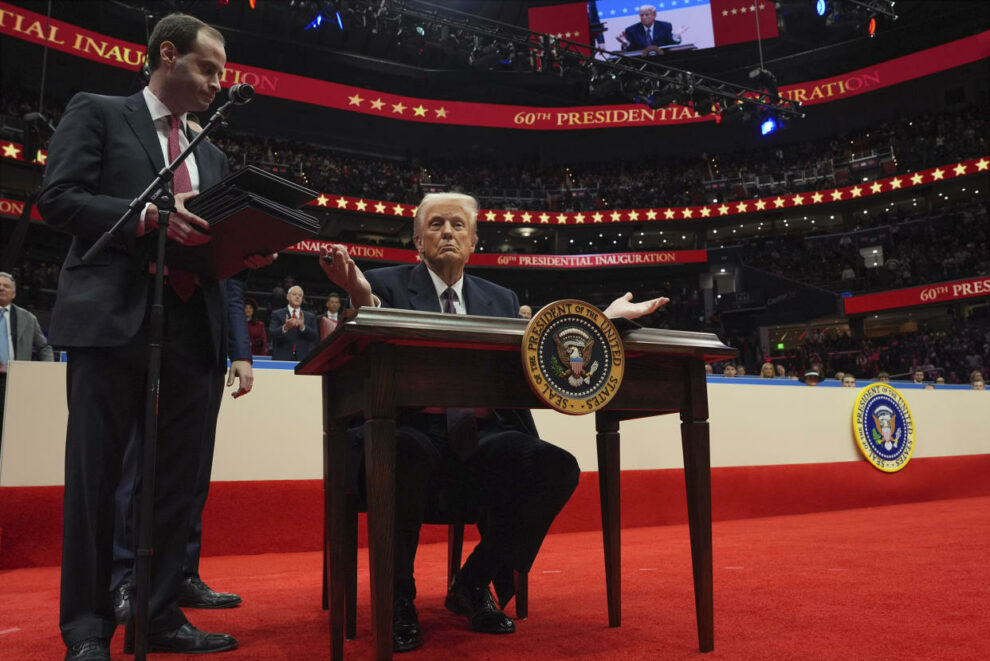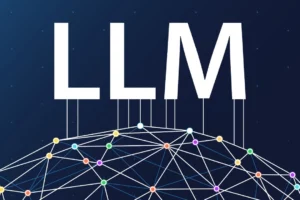President Donald Trump, in a flurry of executive orders signed during a post-inauguration rally, has taken a decisive step to dismantle a significant portion of his predecessor’s legacy. Among the 78 Biden administration orders targeted by Trump’s pen was the October 2023 executive order that established a comprehensive framework for the development and use of artificial intelligence (AI) in the United States.
The text of Trump’s order, which revokes a wide range of Biden-era policies, states, “The revocations within this order will be the first of many steps the United States Federal Government will take to repair our institutions and our economy.” The order, however, does not provide specific explanations for the selected actions, instead presenting a lengthy list of revocations preceded by the statement, “the following actions are hereby revoked.”
Biden’s AI executive order, signed in October 2023, had outlined an ambitious plan to establish robust protections for the American public and set best practices for the federal government’s use of AI. The order sought to introduce new standards for safety and security, as well as protocols for AI watermarking and safeguards for civil rights and consumer protection. Additionally, it aimed to mitigate the impact of AI-driven automation on the workforce and launched a new federal jobs portal to attract more AI talent to government positions.
The revocation of Biden’s AI framework marks a significant shift in the federal government’s approach to the rapidly evolving technology. While the Biden administration had sought to proactively address the potential risks and challenges associated with AI, Trump’s executive order appears to prioritize a more hands-off approach, potentially leaving the development and deployment of AI largely to the discretion of the private sector.
Critics of Trump’s decision argue that the absence of a comprehensive federal framework for AI could lead to a fragmented regulatory landscape, with individual states and localities implementing their own policies in response to the technology’s rapid advancement. This, they contend, could create a patchwork of inconsistent regulations that could hinder innovation and make it more difficult for businesses to navigate the legal and ethical complexities of AI.
Proponents of Trump’s executive order, on the other hand, maintain that the revocation of Biden’s AI framework will remove unnecessary barriers to innovation and allow American companies to compete more effectively in the global race to develop and deploy cutting-edge AI technologies. They argue that the private sector is better equipped to address the challenges and opportunities presented by AI, and that excessive government regulation could stifle progress and put the United States at a disadvantage compared to other nations.
Beyond the revocation of Biden’s AI executive order, Trump’s sweeping executive action also targeted a wide range of other policies, including those related to the ongoing response to the COVID-19 pandemic, immigration, climate change, and diversity, equity, and inclusion (DEI) initiatives. The breadth of the revocations underscores the stark contrast between the priorities and approaches of the Biden and Trump administrations.
In a separate executive order signed on Monday, Trump also withdrew the United States from the Paris climate agreement for the second time. The move reverses Biden’s decision to rejoin the international accord, which Trump had initially withdrawn from during his first term in office. The withdrawal from the Paris agreement, coupled with the revocation of Biden’s AI framework, signals a significant shift in the United States’ stance on two of the most pressing issues facing the world today: climate change and the governance of emerging technologies.
As the implications of Trump’s executive orders begin to unfold, it remains to be seen how the absence of a comprehensive federal AI framework will impact the development and deployment of the technology in the United States. While some argue that a more laissez-faire approach will foster innovation and competitiveness, others caution that the lack of clear guidelines and protections could lead to unintended consequences and exacerbate existing inequalities. As the debate over the appropriate role of government in the regulation of AI continues, the outcome of this policy reversal will have far-reaching consequences for the future of the technology and its impact on American society.
















Add Comment